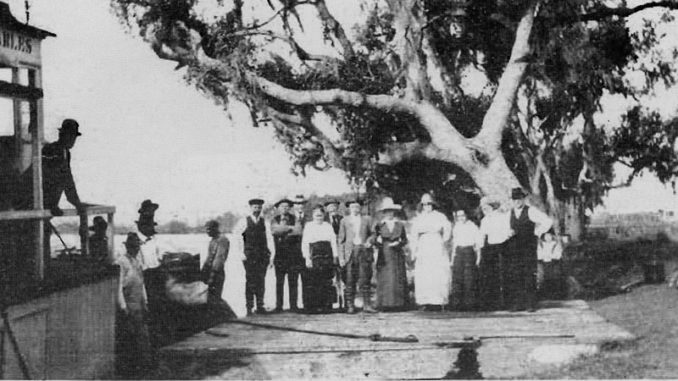
In what was considered the far reaches of St. Charles Parish in the early 1900s, a plan was coming together aimed at growing Des Allemands.
A company called St. Charles Development Co. of Waterloo, Iowa, was circulating a brochure with an invitation to locate on a tract of land that encompassed “thirteen thousand acres of smooth prairie land and five hundred acres of timber, consisting of cypress, gum, hackberry, and live oak,” according to the book, “A St. Charles Parish Louisiana: A Pictorial History.”
The tract was on the called Black Prince Bayou (today it’s called Black Prince Island) near Des Allemands. The area was described in a brochure offering a glimpse into life in Des Allemands at the time.
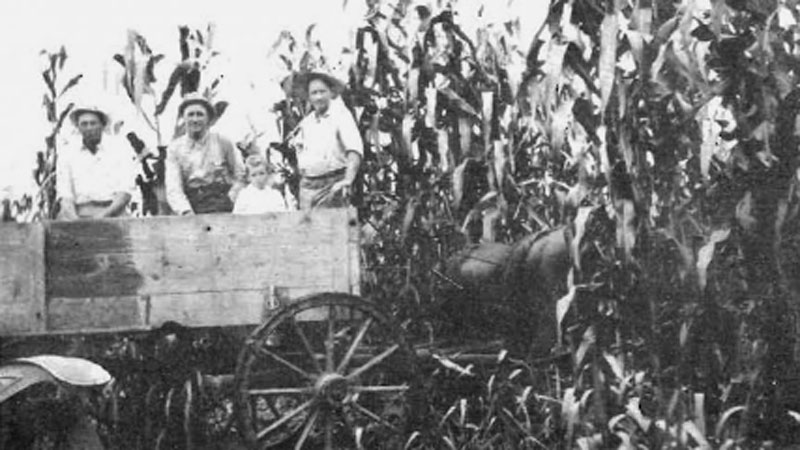
Newcomers were welcomed to a place on Black Prince Bayou, near present day Bayou Gauche, and told the area had a hotel on a boat landing. The company offered to pay all expenses, which included travel, hotel accommodations and a trip to New Orleans, to those willing to make the trip there.
Prospective buyers were told land was suitable for planting, accessible to the bayou for fishing, had favorable climate and in close proximity to New Orleans.
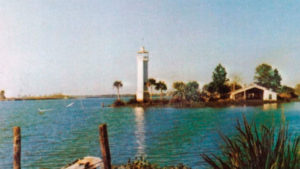
The brochure also offered testimonials from individuals who had settled in the area and experienced the developer’s “glowing promises.”
Over time, the project faded away, but the historical account includes letters from residents about life in the area.
In a letter by Wm. Ritchie of Des Allemands to Mr. Chas. T. Knapp, Chicago, Illinois, dated Aug. 30, 1916, Ritchie recounts farming conditions in the area.
“I came here five years ago with my wife and five children from Ohio,” Richie states. “We have not had one day’s sickness. Doctor has never been in the house. Few states have a more delightful climate than Louisiana. Those who condemn it as disagreeable and unhealthful do so through ignorance. There is no need to seek mountain and seashore resorts in summer, for the breezes from the Gulf keep the summer months pleasant.”
He further states the summers are long, but the maximum temperature never exceeds and, seldom equals, that of inland cities much further north. The winters are mild and all but the delicate plants grow through winter.
Richie adds, “I am convinced that we can raise cattle and hogs cheaper here than in any other state of the Union.”
The promise of Des Allemands extended into other writings at the time.
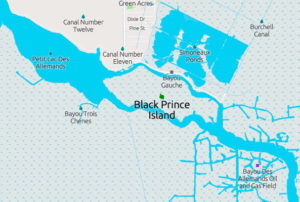
In an article in The Country Gentleman, James H. Collins agreed about the fertile growth of the area.
Collins, who wrote about agriculture, states, “If the Corn Belt farmer will follow his own soil down the Mississippi River to the Delta Country below New Orleans, he can find a new farm so fertile and deep that I should not give him too many particulars because he probably would not believe the facts until he sees for himself.”
Early Des Allemands
- The area was named for the Germans then became Des Allemands.
- Des Allemands had a lighthouse on Torres Island.
- The area is in St. Charles and Lafourche parishes.
- The people have designated their home as the “Catfish Capital of the Universe.”



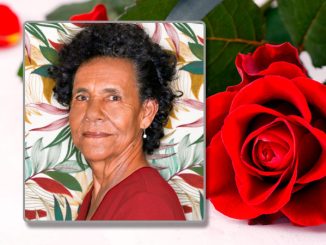
I was mezmirized about my reading all about black prince island. I was born and raised in bayou gauche. My name is naryann matherne bourgeois.
I had a great aunt Mary Matherne who lived in Bayou Gauche all her life. You may be related. My grandmother was Victoria Duffrende.